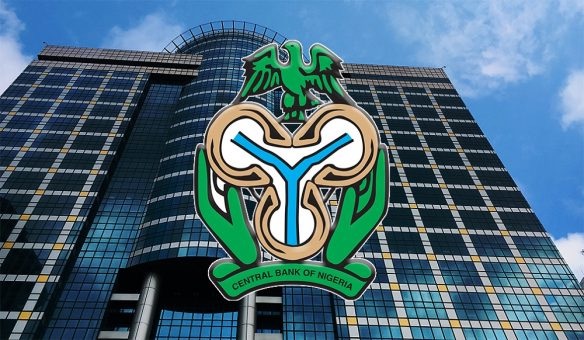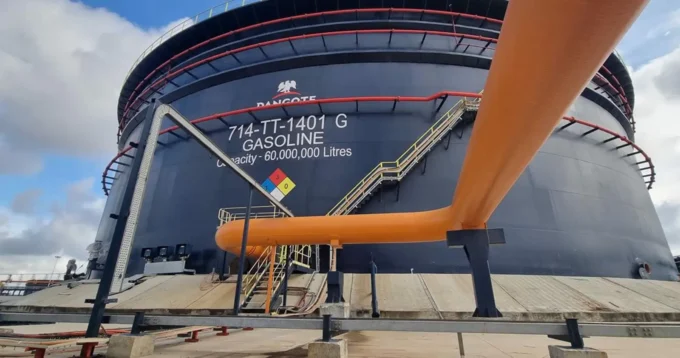By Adewale Sanyaolu
The current supply crisis in the Liquefied Petroleum Gas (LPG) (cooking gas) value chain peaked at the weekend, with the Dangote Refinery linked to an alleged plot to systematically edge out other players in the market, including the Nigerian Liquefied Natural Gas (NLNG), by aggressively slashing prices.
However, the allegation was debunked by the Nigerian Association of Liquefied Petroleum Gas Marketers (NALPGAM).
While the blame game persists, the price of the vital commodity has shot up to N1,300/kg in what many consumers described as strangulating, judging by the existing unsavoury economy.
In most parts of Lagos, many homes can barely refill their cylinders as gas scarcity worsens.
An energy analyst, Yemisi Olagunju, in a document titled “Uncertainties in the LPG Market Update” and shared with Daily Sun, noted that Dangote’s pricing strategy has effectively positioned the refinery as the dominant, almost sole supplier of LPG in the past eight months. She explained that before Dangote’s entry, Nigeria relied largely on domestic supply from NLNG, complemented by imports from marketers.
“At present, the refinery is not producing or supplying LPG, and sources are unsure why. The market is now exposed, as previous suppliers remain reluctant to re-enter, wary of being undercut again once Dangote resumes operations.
Should importers step in to fill the gap, it would take 2–3 weeks to land the product. This delay could result in a temporary supply gap and price volatility, which is already manifesting,”.
But rising in staunch defence of the Refinery, President of NALPGAM, Mr. Oladapo Olatunbosun, said there was no iota of truth in the claims of Olagunju.
The NALPGAM President said the current scarcity was as a result of two issues on the part of the Refinery. First was the crisis between it and PENGASSAN, which prevented loading and another one was wielding activities on the 4,000 CNG trucks which halted loading activities for safety reasons. “There was no way loading of LPG could have continued at the Refinery because welding works on the 4,000 CNG trucks was ongoing. Doing so would amount to a safety breach.
The NALPGAM President added that the Refinery didn’t stop those that were importing from doing so, saying imports have always been a part of the supply chain in addition to what NLNG was supplying.
“It is also a lie from the pit of hell for anyone to say the Refinery is not producing LPG.As we speak I have proforma invoices from my members awaiting loading from the Refinery. So how could anyone come to lay such false claims.
On IOCs, Olatunbosun observed that the directive requiring producers to establish blending and storage facilities within 12 months has been largely flouted, stressing that as of September 2025, there was little evidence of compliance, leaving the domestic market under severe pressure.
The Federal Government, in February 2024, banned the exportation of cooking gas, in a bid to increase its volume domestically to warrant a crash in price.
To tackle this, the Minister of State for Petroleum Resources (Gas), Ekperikpe Ekpo, constituted a committee in November 2023, headed by the Chief Executive of the Nigerian Midstream and Downstream Petroleum Regulatory Authority, Farouk Ahmed.
He named some international oil companies including Mobil, Shell, and Chevron as producers, stressing that the government was interfacing with them to crash cooking gas prices.
But up till yesterday, the cost of the commodity has maintained an upward movement, as many LPG users are gradually shifting to the use of charcoal with LPG prices hitting N1,300/kg.
The NALPGAM President, however, assured that by next week, the situation would improve as more marketers would have had access to the product.
He explained that the shortfall in supply was only peculiar to the South-West alone and not the entire country and vessels were discharging LPG in other parts of the country.
He expressed concern over the continued export of cooking gas from Nigeria despite the Minister of Petroleum Resources (Gas) pronouncing a ban on the practice, particularly by International Oil Companies (IOCs).
Olatunbosun said IOCs have consistently argued that they lack the facilities to separate propane from butane, a requirement for making the product more suitable for domestic use.
According to him, these companies had previously requested a timeframe to put such facilities in place, yet there has been no enforcement or monitoring by government agencies to ensure compliance. “Companies prefer to export these products abroad to make more money,” he said, stressing that the practice undermines Nigeria’s domestic LPG market, which still struggles with insufficient supply.
Olatunbosun, therefore, urged the Nigerian Midstream and Downstream Petroleum Regulatory Authority (NMDPRA) and the Minister of State for Gas to compel the IOCs to establish the required infrastructure for propane-butane separation.
He insisted that the Minister’s directive must be enforced to stop the outflow of LPG from Nigeria. “The domestic market does not have sufficient volumes of gas, so there is no justification for exporting the product out of the country by the IOCs,” the NALPGAM President added.
Efforts to reach the Group Head, Brands and Corporate Communications, Dangote Industries Limited, Mr.Anthony Chiejina, were unsuccessful as calls and a WhatsApp message to him were unanswered.

















Leave a comment